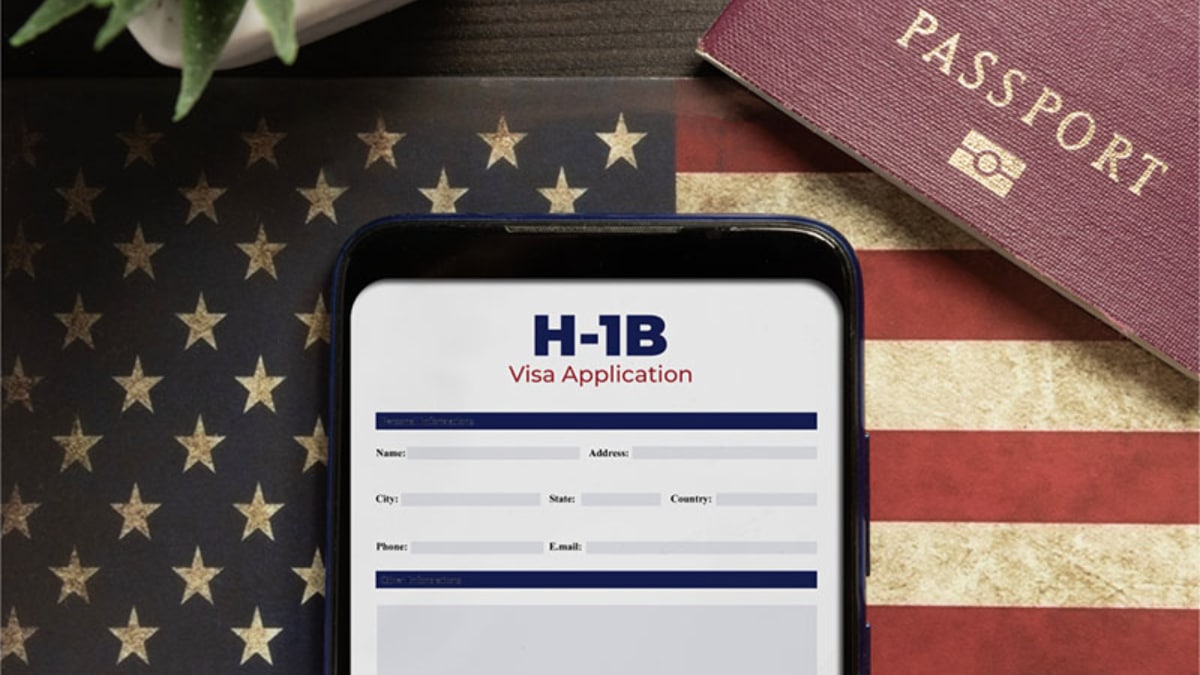H-1B Visa Fee Discussion Ignites Debate on Immigrant Conduct and Community Impact
This article underscores how policy discussions can intertwine with subjective social commentary, impacting public perception of skilled immigrants and the broader H-1B community.

Subscribe to our newsletter and stay informed about latest H1B news, policy updates and and other developments.
Article Summary
A social media post praising proposed H-1B visa fee increases went viral after its author cited alleged 'rudeness' and 'inconsideration' among some Indian immigrants in professional and residential settings. The post sparked a widespread debate among netizens, with many condemning the generalizations as racist, while others acknowledged similar anecdotal observations. The discussion highlights varying perspectives on cultural differences and community integration within the context of immigration policy.
Original Article: financialexpress.com
[ Sentiment: neutral | Tone: factual ]
This summary and analysis were generated by TheNewsPublisher's editorial AI. This content is for informational purposes only; it does not constitute legal or immigration advice.
[ Sentiment: neutral | Tone: factual ]
This summary and analysis were generated by TheNewsPublisher's editorial AI. This content is for informational purposes only; it does not constitute legal or immigration advice.
TNP AI: Key Insights
This article highlights how policy discussions, such as changes to H-1B visa fees, can become a flashpoint for broader societal debates on immigration and cultural integration. For skilled professionals and employers, it's crucial to distinguish between factual policy impacts and anecdotal observations, as generalized narratives can significantly influence public perception and the political climate surrounding immigration.
While the article reports on a social media reaction, the underlying sentiment of linking immigrant behavior to policy changes is a recurring theme in immigration discourse. Such discussions often overshadow the immense economic contributions of skilled workers, creating an environment where visa holders may face undue scrutiny based on broad generalizations rather than evidence-based assessments of their professional and societal value.




